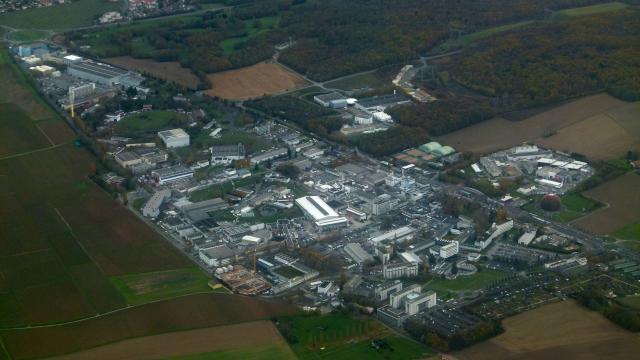The CERN Council convened today to discuss how Russia’s invasion of Ukraine affects the scientific collaboration’s ability to pursue its goals and ensure the safety and wellbeing of its members. The council meeting resulted in a resolution to condemn the Russian invasion, to suspend Russia’s Observer status to the council, and to not begin new collaborations with Russian institutions. The council also deplored “the involvement of Belarus in this unlawful use of force against Ukraine.”
The European Organisation for Nuclear Research, known as CERN, is an international collaboration that operates a huge particle physics research facility near Geneva, Switzerland, with its flagship project being the Large Hadron Collider. The CERN Council is composed of two delegates from each of the collaboration’s 23 member states. Russia was one of five entities with Observer status at CERN; the others are the United States, Japan, the European Union, the Joint Institute for Nuclear Research (which is in Russia), and UNESCO.
Ukraine has been an Associate Member State of CERN since 2016. The collaboration has many Ukrainian and Russian scientists involved on its manifold projects. The council resolution declared that “CERN will promote initiatives to support Ukrainian collaborators and Ukrainian scientific activity in the field of high-energy physics.”
This week, an open letter signed by Russian scientists involved in CERN experiments circulated online. The letter stated, “We would like to express our sorrow and regret about what happens in Ukraine. We stand against the military actions initiated in Ukraine by the authorities of [the] Russian Federation. We stand strongly for resolving the conflict through diplomacy and negotiations as the only appropriate way.”
For now, the council stated that collaboration between CERN and the Russian scientific community would continue on ongoing projects, though that was subject to change depending on how events unfold.
Russia’s invasion of Ukraine has complicated a number of international scientific projects. Roscosmos announced it would stop delivering rocket engines to the United States and would stop collaborating with Germany on required maintenance to the International Space Station. This week, NASA astronaut Scott Kelly got into a bitter back-and-forth with Roscosmos chief Dmitry Rogozin on Twitter. ExoMars, a joint collaboration between the European Space Agency and Roscosmos (the Russian space agency) has delayed the launch of its Rosalind Franklin rover, which was scheduled to depart for Mars in September. Because launch windows to Mars are biannual (due to the orbits of the planets), it means we may see humans back on the Moon before Rosalind Franklin even leaves the ground.
More: Ukraine Military Calls on Citizens With Hobby Drones to Help Kyiv
